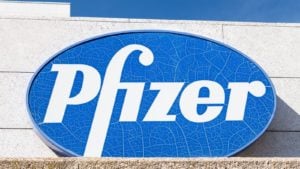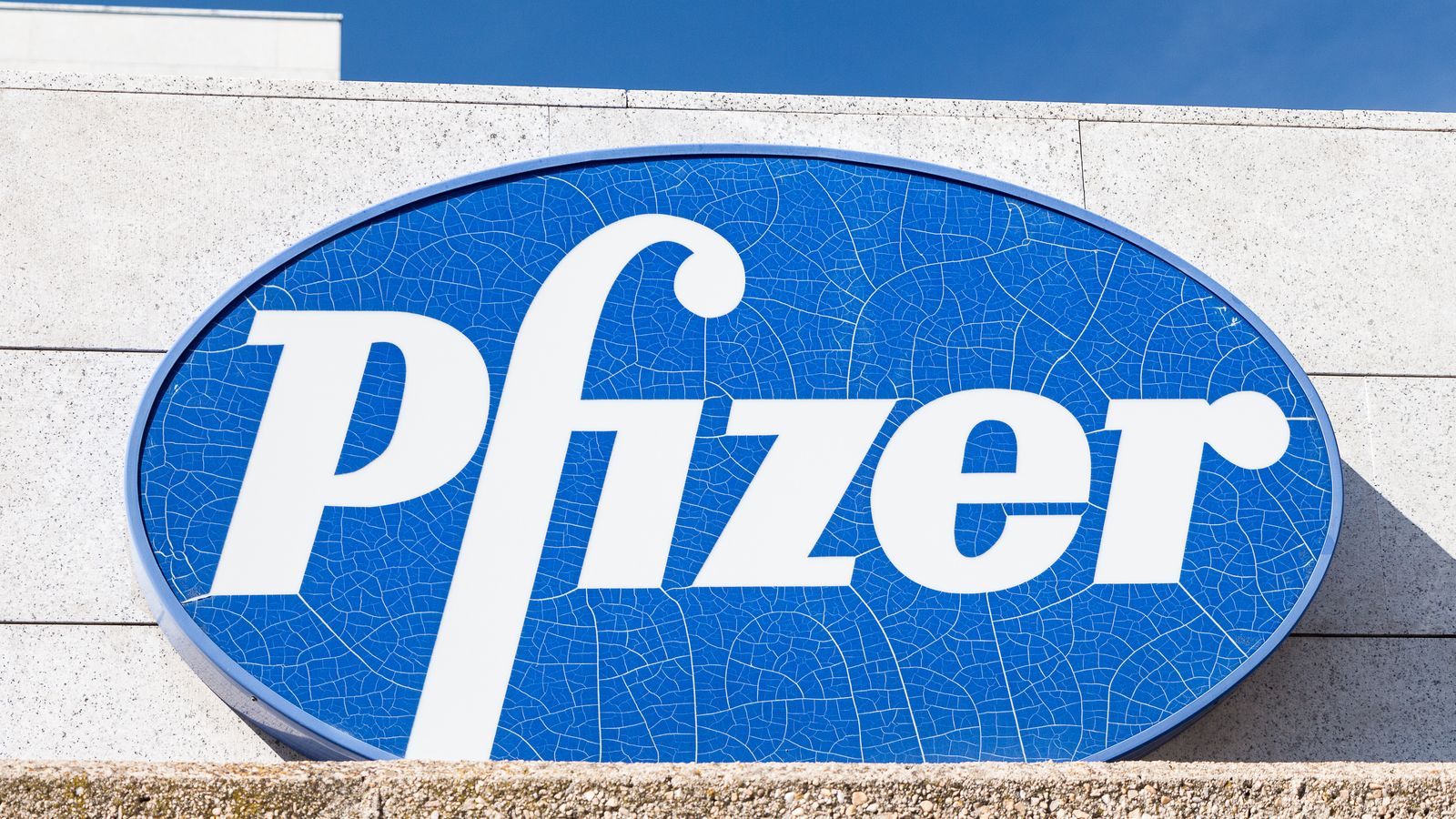Due to a combination of several factors, Pfizer’s (NYSE:PFE) vaccine for the novel coronavirus, by itself, may not ever move the needle a great deal for PFE stock.

On the other hand, over the long-term, Pfizer’s collaboration with German vaccine developer BioNTech (NASDAQ:BNTX), which developed the mRNA-based coronavirus vaccine with Pfizer, could prove to be meaningfully beneficial for the owners of Pfizer’s shares.
Among the factors likely to limit the bottom-line contribution of Pfizer’s coronavirus vaccine are the low price of the shot, the high cost of getting it to patients, and the fact that Pfizer has to pay BioNTech a sizeable fee for the vaccine.
Crunching the Numbers
Last month, a Morningstar analyst, Damien Conover, estimated that Pfizer’s 2021 revenue from the vaccine would come in at $14 billion, or $39 per person vaccinated. That means he expects the company to make and sell vaccines for about 360 million people in 2021.
And Conover’s sales estimate may actually be high. In the latest deal between the U.S. government and Pfizer, Washington agreed to pay nearly $2 billion for 100 million doses. That does work out to $40 per person vaccinated, but typically the U.S. pays significantly more for drugs than other countries. (America paid the company a similar amount for the first 100 million doses it bought).
And it appears that, in the U.S., Pfizer is paying for the shot to be distributed to states by FedEx (NYSE:FDX) and UPS (NYSE:UPS). Since the vaccines are often being transported by plane, and they must be stored in extremely cold temperatures, the cost of shipping them has to be fairly expensive.
I was unable to find an estimate of how much shipping the vaccines will cost Pfizer. But let’s say the average shipping cost comes to $4.00 per dose, or about $100,000 per 25,000 doses shipped. That comes to $8 per person vaccinated next year.
Conover, the Morningstar analyst, estimated that Pfizer would also have to pay $15 per person vaccinated to make the vaccine, while it will also have “marketing and admin costs,” according to Marketplace.
Let’s say that the company’s extra marketing and administrative costs related to the vaccine total $2 billion in 2021. That’s $5.50 per person vaccinated. Finally, Pfizer has agreed to pay BioNTech about $933 million, or around $2.50 per person vaccinated next year.
All of the costs described above come to $31 per person vaccinated, leaving Pfizer with a potential profit of $8 per individual. Assuming the estimate is correct, the company’s total 2021 profit from the vaccine would come in at $2.9 billion. That sounds like a great deal of money, but for a company whose earnings before interest and taxes came in at $19.25 billion in 2019, it won’t move the needle much.
And I think, given the vaccine’s storage issues, the many competing shots and the high probability of foreign governments paying less than the U.S. for the vaccine, the actual average selling price of the shot will come in closer to $35. If I’m right, of course, Pfizer’s actual profit from the vaccine in 2021 would be well below $2.9 billion.
Pfizer’s Longer-Term Outlook
For owners of Pfizer stock, I have some more bad news and then some good news.
The bad news is that Pfizer’s revenue from its vaccine for the coronavirus is expected to drop sharply starting in 2022. Specifically, analysts, on average, expect the sales of the vaccine to come in at $3.4 billion in 2022, before “gradually” falling thereafter. So if the vaccine doesn’t move the needle for Pfizer stock next year, it probably won’t do so in any year.
But on a positive note, in 2018 Pfizer and BioNTech agreed to work together “to develop mRNA-based vaccines for prevention of influenza.”
The fact that the mRNA vaccines developed for the coronavirus by Moderna (NASDAQ:MRNA) and Pfizer/BioNTech proved to be safe and effective suggests that mRNA vaccines will also be approved for other indications .
Over time, I believe that multiple mRNA shots developed by BioNTech and Pfizer could be approved. And cumulatively, I think that these vaccines could move the needle for PFE stock.
The Bottom Line on Pfizer Stock
Pfizer’s vaccine for the coronavirus is probably not going to spark a huge rally by the company’s shares. For that reason, growth investors should avoid Pfizer’s stock.
However, conservative investors who are attracted to Pfizer’s 4.2% dividend yield and are ready to hold onto the stock for a decade or more should consider buying the shares. Over that period of time, owning the shares could very well prove to be worthwhile for such investors.
On the date of publication, Larry Ramer held a long position in Moderna.
Larry has conducted research and written articles on U.S. stocks for 13 years. He has been employed by The Fly and Israel’s largest business newspaper, Globes. Among his highly successful contrarian picks have been solar stocks, Roku, and Snap. You can reach him on StockTwits at @larryramer. Larry began writing columns for InvestorPlace in 2015.
